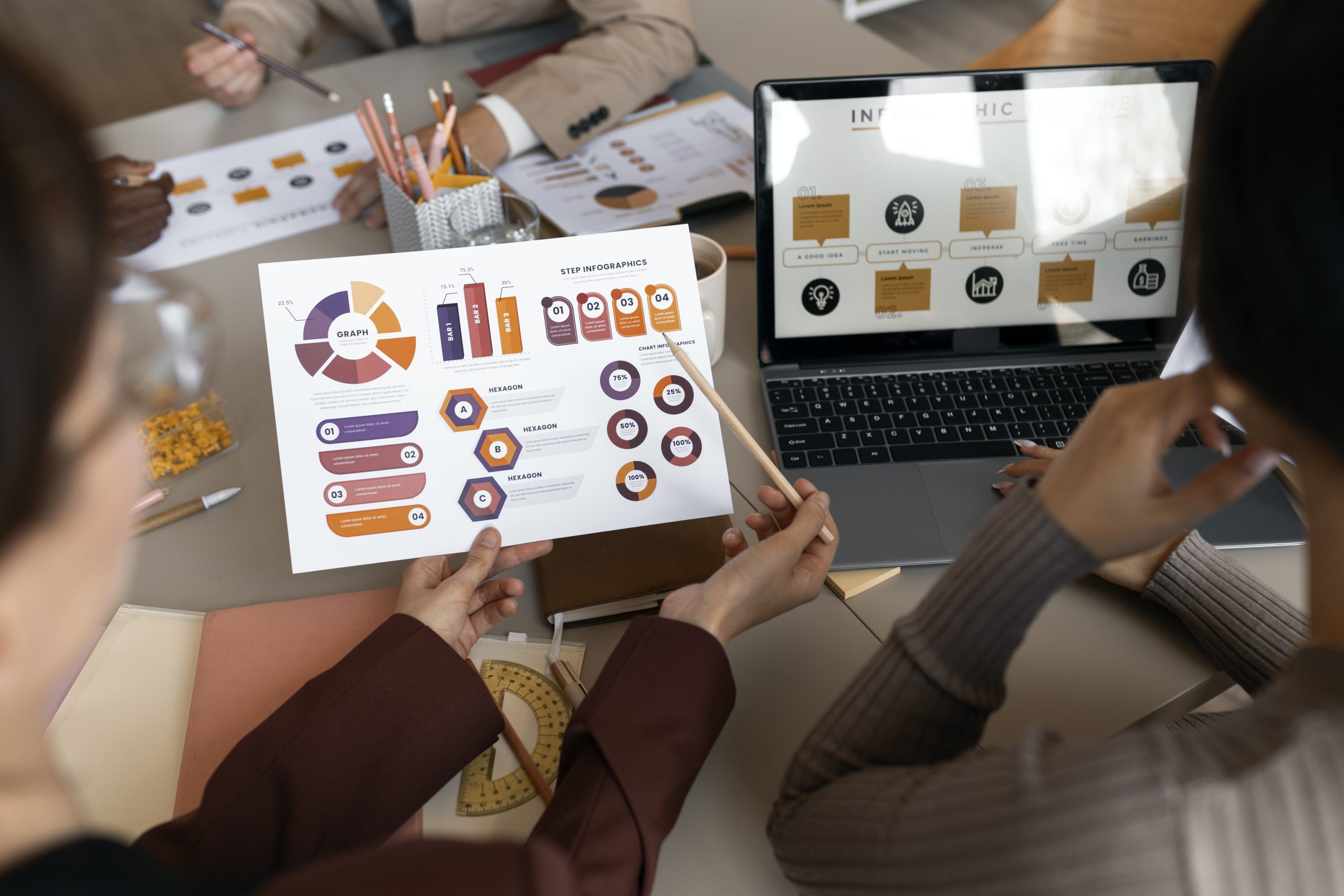
Imagine you’re at a crossroads in the digital marketing world, standing between two paths: one is a fast, sleek highway (PPC), promising quick results but with a toll at every turn. The other is a scenic route (Organic Marketing), where the journey might take longer but the rewards are lasting and the views are spectacular. Deciding which road to take can be tricky, but don’t worry – we’re here to guide you through the pros and cons of each strategy so you can choose the best path for your business.
Pros:
Cons:
Pros:
Cons:
3. Less Predictable: Organic performance can be more unpredictable than PPC. Changes in search algorithms or user behavior can affect your rankings.
Choosing between PPC and Organic Marketing depends on your business goals, budget, and timeline.
Often, a mix of both PPC and Organic Marketing works best. Use PPC for quick wins and immediate results while building your organic presence for long-term success. This way, you can enjoy the benefits of both strategies and maximize your digital marketing efforts.
Both PPC and Organic Marketing play important roles in a well-rounded digital marketing strategy. By understanding the pros and cons of each, you can make informed decisions that suit your business needs. Combining both approaches can provide flexibility, immediate results, and sustainable growth, helping you create a strong online presence. Connect with our team to discuss further strategies and learn how we can create the right ads for you: https://msmdigital.live/contact/